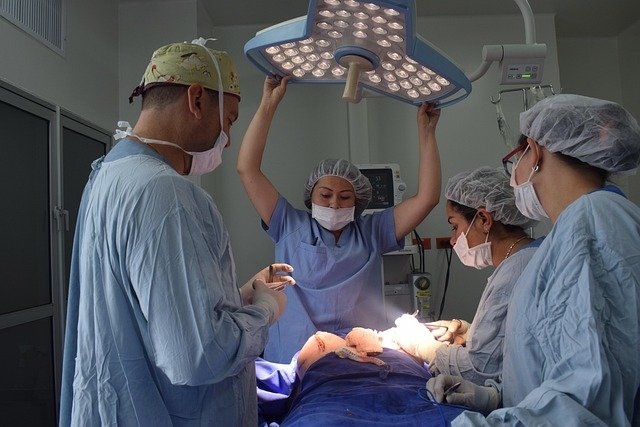Discover the Caregiving Work Environment in Belgium
Exploring caregiving job opportunities in Belgium provides valuable insight into working conditions, responsibilities, and the overall experience in this profession. With an emphasis on empathy, communication, and reliability, individuals considering a career in caregiving can better understand what to expect. This overview outlines the essential skills required, the daily tasks involved, and the unique opportunities that come with working in this field across the country.

Understanding the Caregiving Work Environment in Belgium
The Belgian caregiving sector operates within a well-regulated framework that emphasizes quality care and professional development. Healthcare facilities must comply with strict standards set by regional authorities, creating structured environments where caregivers work alongside multidisciplinary teams including doctors, physiotherapists, and social workers.
Work environments vary significantly across different settings. Hospital caregivers typically work in fast-paced environments with shift rotations, while those in residential care facilities often maintain more regular schedules focused on long-term patient relationships. Home care services provide flexibility but require strong independent working skills and reliable transportation.
Belgium’s multilingual nature means caregivers often serve Dutch, French, and German-speaking communities, with language requirements varying by region. Flanders primarily requires Dutch proficiency, Wallonia focuses on French, while Brussels accommodates both languages.
Core Responsibilities and Skills Needed for Caregiving Roles
Professional caregivers in Belgium handle diverse responsibilities depending on their specific roles and work settings. Basic care tasks include assisting with personal hygiene, medication administration under supervision, mobility support, and monitoring vital signs. Documentation requirements are substantial, with detailed patient records maintained according to Belgian healthcare protocols.
Essential technical skills include knowledge of medical equipment, infection control procedures, and emergency response protocols. Caregivers must understand Belgian healthcare documentation systems and maintain current certifications in areas such as CPR and first aid.
Soft skills prove equally important in Belgian caregiving environments. Cultural sensitivity helps when working with diverse patient populations, while communication skills enable effective collaboration with healthcare teams and patient families. Emotional resilience supports caregivers through challenging situations, and adaptability helps manage varying work demands across different facilities.
Most positions require completion of recognized caregiving education programs, with some roles demanding additional specialization training. Continuous professional development opportunities exist through healthcare institutions and professional associations throughout Belgium.
Navigating Opportunities and Challenges in the Caregiving Sector
Belgium’s aging demographic creates sustained demand for qualified caregivers across multiple sectors. Employment opportunities exist in public hospitals, private clinics, residential care facilities, and home healthcare services. The sector shows particular growth in specialized areas such as dementia care and palliative services.
Career progression paths include advancement to senior caregiver positions, specialization in specific medical areas, or transition into healthcare management roles. Some professionals pursue additional education to become registered nurses or healthcare coordinators.
However, the sector faces notable challenges that prospective caregivers should consider. Physical demands can be substantial, involving patient lifting, extended standing periods, and emotional stress from working with seriously ill individuals. Shift work, including nights and weekends, forms part of many caregiving positions.
Staffing shortages in some regions create increased workload pressures, while budget constraints in healthcare systems can limit resources. Language barriers may present challenges for international workers, requiring significant investment in language learning to meet professional requirements.
| Institution Type | Services Offered | Work Environment Features |
|---|---|---|
| Public Hospitals | Acute care, emergency services, specialized treatments | Structured shifts, multidisciplinary teams, advanced equipment |
| Private Care Homes | Long-term residential care, rehabilitation | Regular schedules, patient relationship focus, family interaction |
| Home Care Services | In-home assistance, medical support, companionship | Flexible timing, independent work, travel requirements |
Professional associations provide support networks and continuing education opportunities for caregivers throughout Belgium. These organizations offer guidance on certification requirements, workplace rights, and career development resources.
The Belgian healthcare system’s emphasis on quality care creates environments where professional caregivers can develop meaningful careers while making significant contributions to community health and wellbeing. Success in these roles requires dedication to ongoing learning, cultural adaptation, and commitment to maintaining high care standards.
This article is for informational purposes only and should not be considered medical advice. Please consult a qualified healthcare professional for personalized guidance and treatment.




